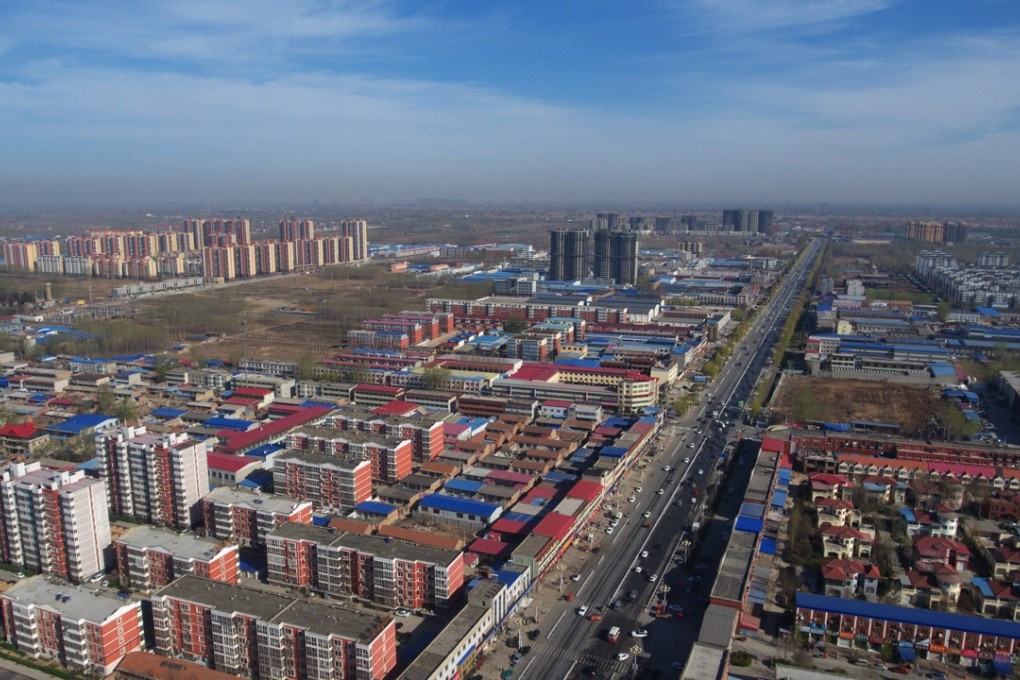China’s local governments ramp up blockchain projects amid cryptocurrency clampdown
More local governments in China are pushing forward with blockchain-related programmes and investments that will benefit start-ups using the technology

The plan for Xiongan, created last year under direct orders from President Xi Jinping, set out the use of several advanced technologies, including blockchain and cognitive computing, to transform the area – comprising three counties in the northern province of Hebei – into a smart city.
China sets clean power target for Xi Jinping’s new Xiongan megacity
Shenzhen, the sprawling metropolis in the southeastern province of Guangdong, established a new local government-backed fund focused on blockchain investments. The fund has an initial war chest of 500 million yuan (US$79.4 million), 40 per cent of which is financed by the Shenzhen Angel Capital Guiding Fund, also known as the Angel Fund of Funds.
“Those two initiatives imply that more local governments in China are paying attention to blockchain technology,” said Katt Gu, the managing director at iBlock, an incubator for blockchain projects at the University of Illinois at Urbana – Champaign, a public research academic institution in the United States.
Forget China: Hong Kong, Singapore are new kids on the blockchain
Blockchain first burst onto the scene when the cryptocurrency bitcoin was introduced by its pseudonymous inventor, Satoshi Nakamoto, through a technical paper published in October 2008. Blockchain provides a distributed online database of encrypted transactions that multiple parties share and everyone can trust, which enables a full audit trail of cryptocurrency trades.
China helped raise the profile of blockchain when it became one of the first countries in the world to include the technology as part of a state-level policy. In 2016, Premier Li Keqiang announced that blockchain was written into the 13th Five-Year Plan, a road map for the country’s development in the five years to 2020.
That bolstered how blockchain provides a high level of security and privacy that can be adopted in areas such as financial services, data storage, and identity monitoring and authentication, according to Gu of iBlock.